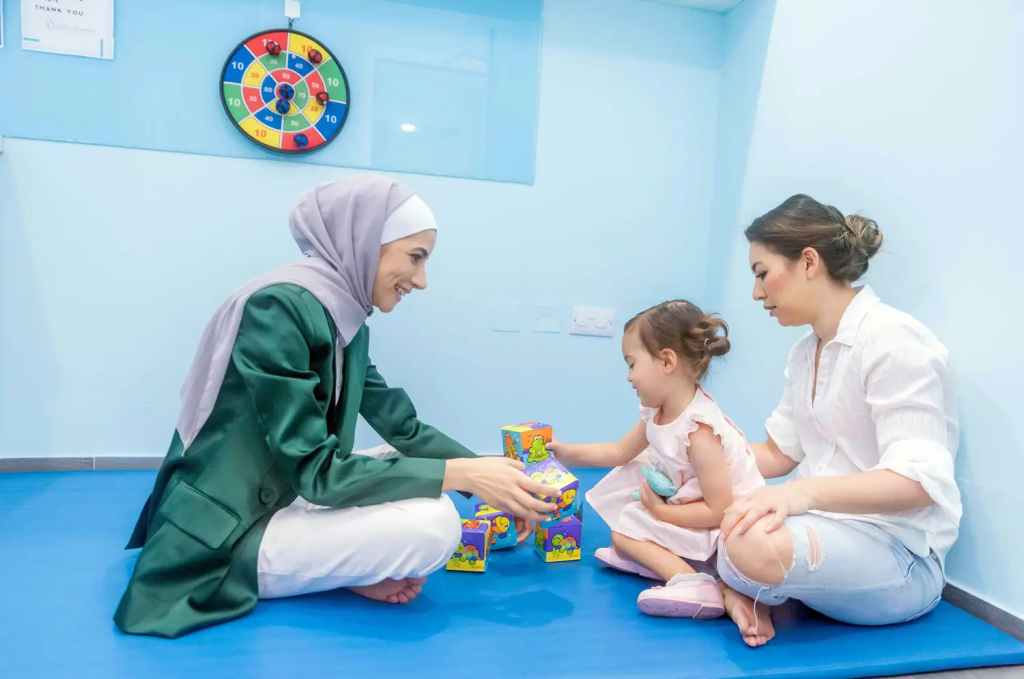
Occupational therapy is a vital healthcare service that helps individuals regain independence, improve daily functioning, and enhance their overall quality of life. Whether recovering from an injury, managing a chronic condition, or supporting a child with developmental challenges, occupational therapy provides practical solutions tailored to each patient’s needs.
What is Occupational Therapy?
Occupational therapy (OT) focuses on enabling people to participate in the everyday activities they want or need to do. These activities can range from basic self-care tasks, like dressing and eating, to more complex roles such as returning to work or engaging in hobbies. Occupational therapists assess the physical, cognitive, and emotional aspects of a patient’s health to create personalized rehabilitation plans.
Who Can Benefit from Occupational Therapy?
Occupational therapy is not limited to one age group or condition. Some common groups who benefit include:
- Children with developmental delays: OT can improve fine motor skills, sensory processing, and social interaction.
- Adults recovering from injury or surgery: OT helps restore mobility, coordination, and strength.
- Elderly patients: OT supports aging individuals in maintaining independence, preventing falls, and managing chronic conditions.
- Individuals with neurological conditions: Patients with stroke, multiple sclerosis, or Parkinson’s disease benefit from OT interventions to improve daily functioning.
Key Services Offered in Occupational Therapy
Occupational therapists provide a variety of interventions depending on the patient’s needs:
- Activity-Based Therapy – Engaging patients in meaningful daily tasks to rebuild skills and confidence.
- Adaptive Equipment Training – Teaching the use of tools and devices to make daily activities easier.
- Environmental Modifications – Recommending changes at home or work to improve safety and accessibility.
- Cognitive and Sensory Rehabilitation – Enhancing memory, attention, and sensory integration for improved daily performance.
- Patient and Family Education – Guiding families on supportive care, exercises, and lifestyle adaptations.
How to Choose the Right Occupational Therapy Services
Selecting the right occupational therapy services is crucial for achieving optimal outcomes. When seeking support, consider the following:
- Look for certified occupational therapists with specialized experience in your area of need.
- Ensure the therapy program is personalized and goal-oriented.
- Check that the facility has modern equipment and a supportive environment.
For comprehensive care, many families turn to leading hospitals in Abu Dhabi that offer multidisciplinary teams, including occupational therapy as part of holistic rehabilitation programs.
The Role of Families in Occupational Therapy
Family involvement can significantly enhance the effectiveness of occupational therapy. Therapists often provide guidance on exercises, daily routines, and strategies that caregivers can implement at home. Engaging families in the therapy process helps patients practice skills consistently, boosting recovery and independence.
Conclusion
Occupational therapy is a cornerstone of rehabilitation and patient-centered care in Abu Dhabi. By addressing the physical, cognitive, and emotional aspects of daily life, OT empowers individuals to regain independence and lead fulfilling lives. If you or a loved one could benefit from these services, exploring options at reputable hospitals in Abu Dhabi ensures access to professional care and tailored therapy plans.